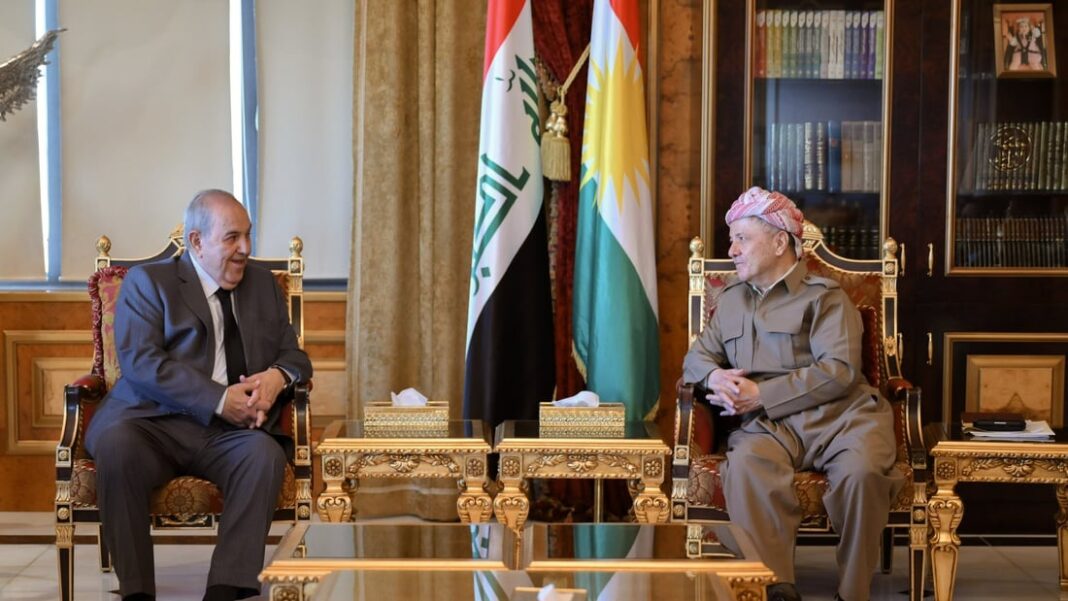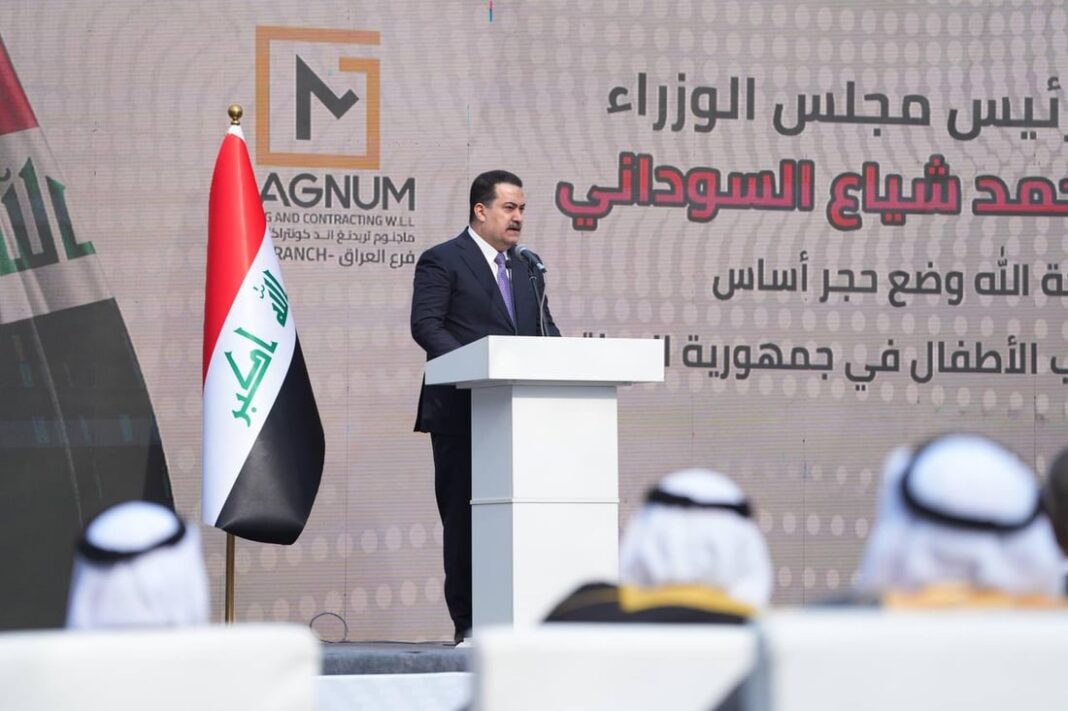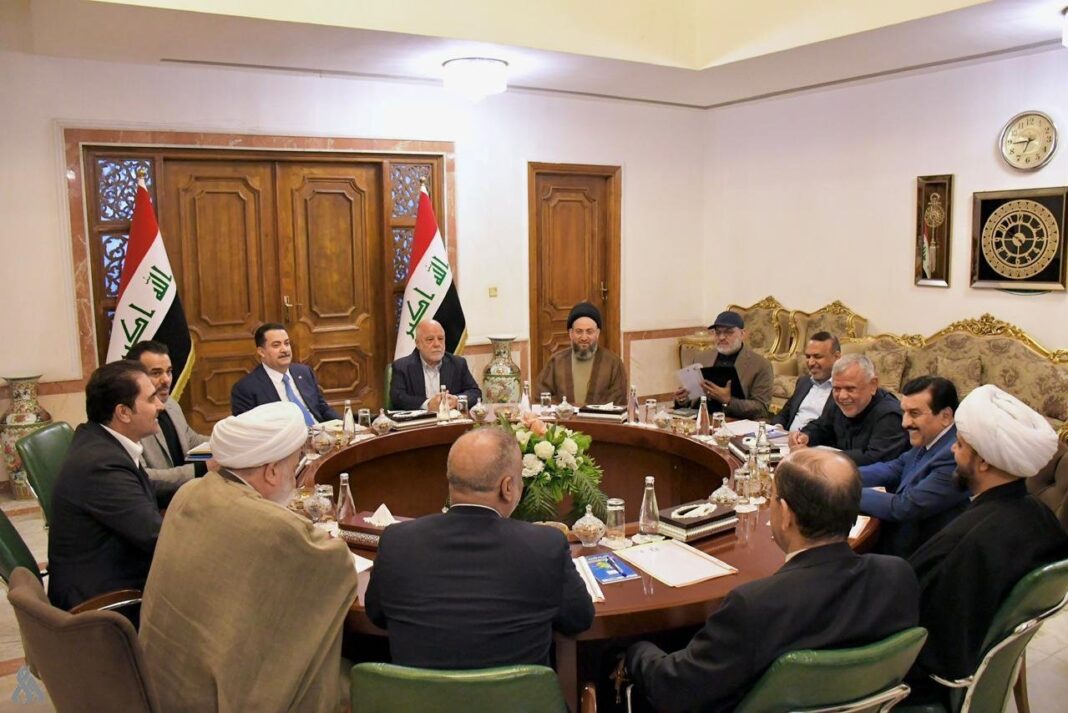Key Political Dialogue Shapes Iraq’s Future, and Kurdish leaders continue intensive meetings after Iraq’s November 11 parliamentary elections. Masoud Barzani, leader of the Kurdistan Democratic Party, met Iyad Allawi, head of the Wataniya Coalition, in Pirmam on Monday. Their talks highlighted the rising urgency surrounding Iraq’s political transition. The key phrase Key Political Dialogue Shapes Iraq’s Future frames the focus of these discussions.
Barzani welcomed Allawi to his Pirmam residence in Erbil. They quickly entered a detailed conversation about Iraq’s shifting political environment. Barzani emphasized the need for stability, while Allawi stressed the importance of cooperative planning. Both leaders highlighted new regional developments, and they examined their impact on Iraq’s domestic balance.
Moreover, the two officials reviewed the parliamentary election results with significant attention. They analyzed turnout patterns across all governorates, and they discussed the upcoming stage of government formation. Allawi and Barzani both agreed that political parties must move quickly, and they argued that early coordination strengthens national unity. Their meeting also included clear discussions about expected negotiations in Baghdad.
Furthermore, the leaders explored the challenges surrounding the post-election phase. Allawi expressed optimism about productive talks, and Barzani underlined the value of transparent communication. Both leaders stressed that Iraq needs a government with broad national support. They also examined the responsibilities of each political camp as they prepare for formal negotiations.
The meeting followed another notable development. On Saturday, Nouri Al-Maliki, leader of the State of Law Coalition, visited Erbil. Barzani also hosted him. Their meeting focused on criteria for selecting candidates for Iraq’s three highest political offices. Yasser Sakheel Al-Maliki later stated that both sides discussed mechanisms for these choices, and he said they avoided mentioning specific names. This approach kept discussions focused on structure rather than individuals.
Last week, the IHEC released final election results. The commission confirmed turnout above 56 percent. It also published the full distribution of the 329 parliamentary seats across the country’s 18 governorates. Al-Maliki’s coalition secured 29 seats and ranked second. The Kurdistan Democratic Party followed with 26 seats. These results intensified conversations among political leaders, and they encouraged swift movement toward government formation.
Allawi also plays a role in Prime Minister Mohammed Shia Al-Sudani’s Reconstruction and Development Coalition. Recently, Allawi voiced strong support for renewing Al-Sudani’s mandate. He praised the prime minister’s national efforts and highlighted actions that strengthened state authority. He also argued that Al-Sudani reduced conflict during a sensitive regional moment.
Ultimately, Key Political Dialogue Shapes Iraq’s Future, and these meetings show growing urgency across Iraq’s political arena. Leaders now prepare for the decisive negotiations that will determine the structure of Iraq’s next federal government.



